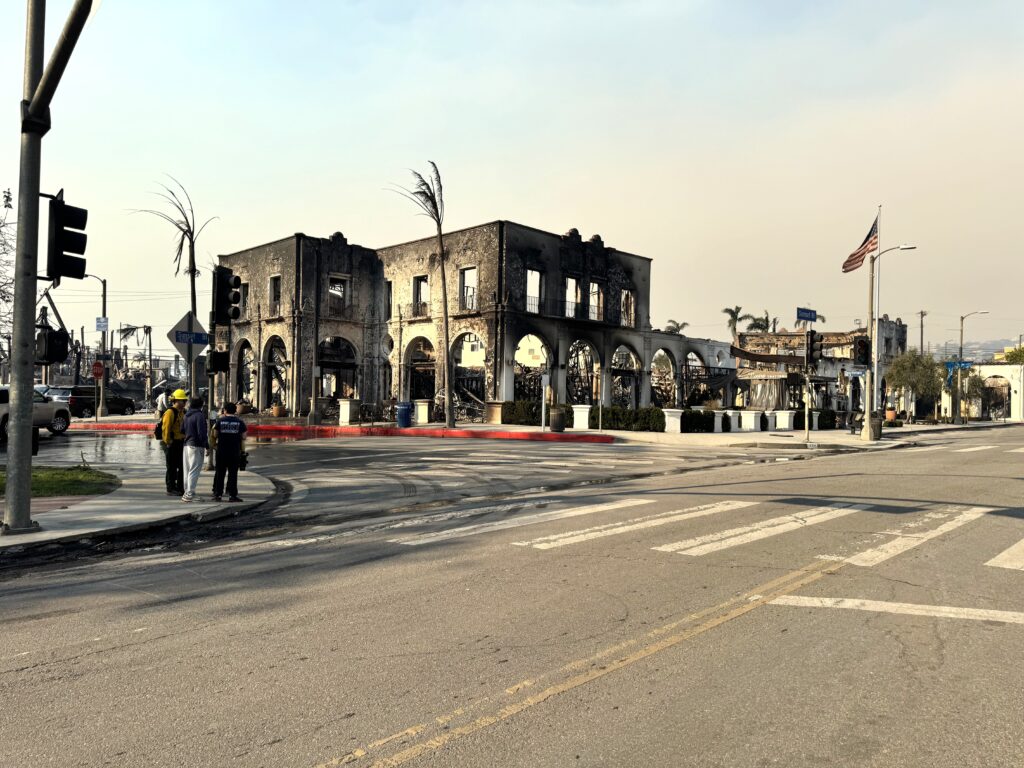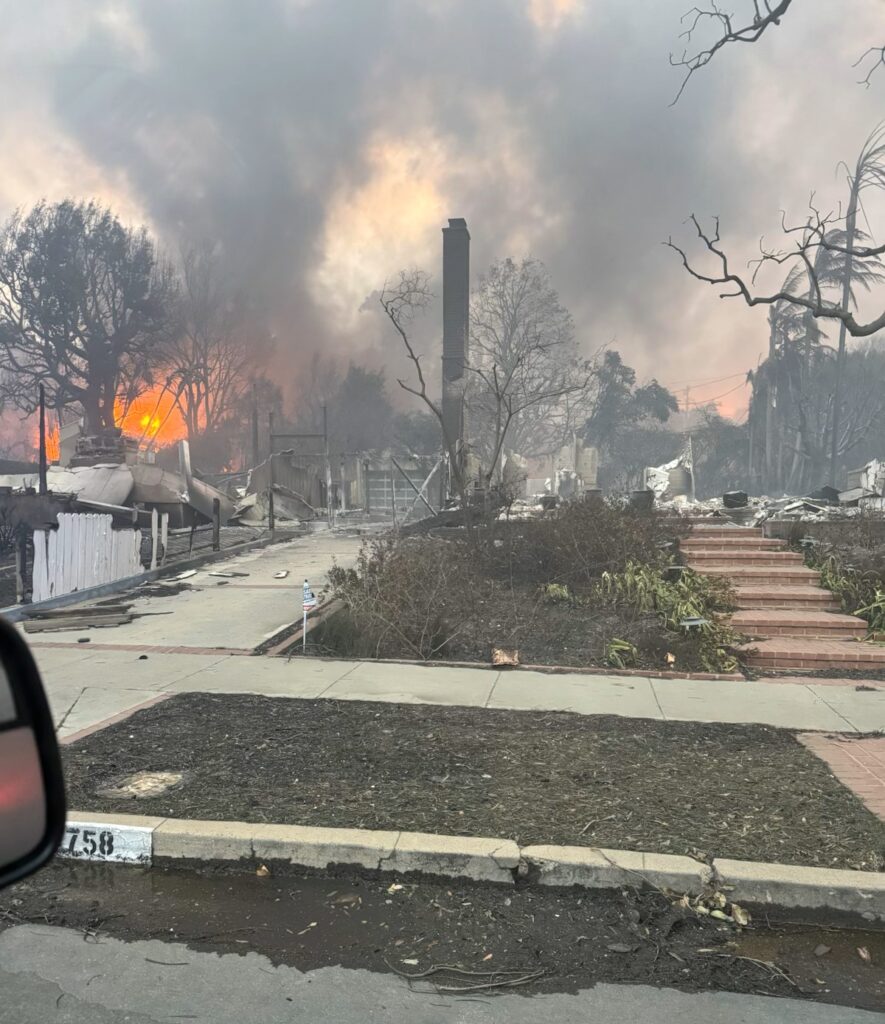So many healthy elderly Pacific Palisades residents have died this past year after the January 7 Palisades Fire. Why? Was it the stress of losing their home of 40, 50, 60 or even more years? Was it moving into an unfamiliar place with none of their belongings and losing their long-time neighbors?
The Journal of the American Heart Association published a May 14, 2025 article “The Risk of Death or Complications from Broken Heart Syndrome Was High from 2016-2020.” Could this be the answer for all those deaths after the fire?
Takotsubo cardiomyopathy, aka Broken Heart, is a temporary heart condition typically triggered by intense emotional or physical stress. Often mimicking the symptoms of a heart attack, it causes a portion of the heart to enlarge and pump ineffectively. The condition is believed to result from a surge of stress hormones, and it is frequently associated with traumatic life events.
This short-term failure of the heart muscle can be fatal.
“Takotsubo cardiomyopathy may be misdiagnosed as a heart attack because the symptoms and test results are similar,” the article notes click here.
An analysis showed:
- People older than age 61 had the highest incidence rates of Takotsubo cardiomyopathy. However, there was a 2.6 to 3.25 times higher incidence of this condition among adults ages 46-60 compared to those ages 31-45 during the study period.
- White adults had the highest rate of Takotsubo cardiomyopathy (0.16%), followed by Native American adults (0.13%) and Black adults (0.07%).
- Takotsubo cardiomyopathy was found to be more common in women in this analysis. However, men with the condition were twice as likely to die.
- In addition, socioeconomic factors, including median household income, hospital size and health insurance status, varied significantly.
In a Denmark 10-year study, those who had high levels of grief over a loss were more likely to experience Takotsubo cardiomyopathy. Those individuals described themselves as feeling emotionally numb, that life is meaningless, experienced difficult in accepting loss and experienced confusion over identity.
According to the Cleveland Clinic, “Researchers can’t pinpoint broken heart syndrome causes, but they believe a stressful event like a divorce, car accident or job loss can cause it. When you react to physical or emotional stress, your body releases stress hormones in your blood. Experts think that these hormones temporarily interfere with your heart’s function.”
Stress examples the Cleveland Clinic gave: grief from death of a loved one or other large or meaningful loss (relationship, home, money or a beloved pet); traumatic events like accidents or earthquakes (or fires); intense fear; and extreme anger.
Symptoms include sudden, severe chest pain; shortness of breath; weakening of the left ventricle of your heart; irregular heartbeat; low blood pressure; heart palpitations and fainting.



I can’t help but think of Eric Dugdale. He didn’t survive 2025, but he lived to see his beloved town all but entirely incinerated. As the town’s historian, and having lived here 74 years, he was intimately familiar with what was lost, including his home. It must have been especially devastating for him. He exactly fits the profile of this article, and obviously there are others I don’t know about.
We have all been living on a steady diet of cortisol and adrenaline due to our “Civic leaders” and “Insurance”…has anybody else just said “OK, State Farm, you win” because the juice just isn’t worth the squeeze? I’m there now.
Our 52 year old son who grew up on Galloway Street suffered a stroke on January 8th. Fortunately it wasn’t severe and he recovered, but it was obviously triggered by the emotional distress at seeing his childhood home, neighborhood and town incinerated and his parents suffering unbelievable grief. The “rings” of trauma are untold. We’ve got to be there for each other in order to survive this event.